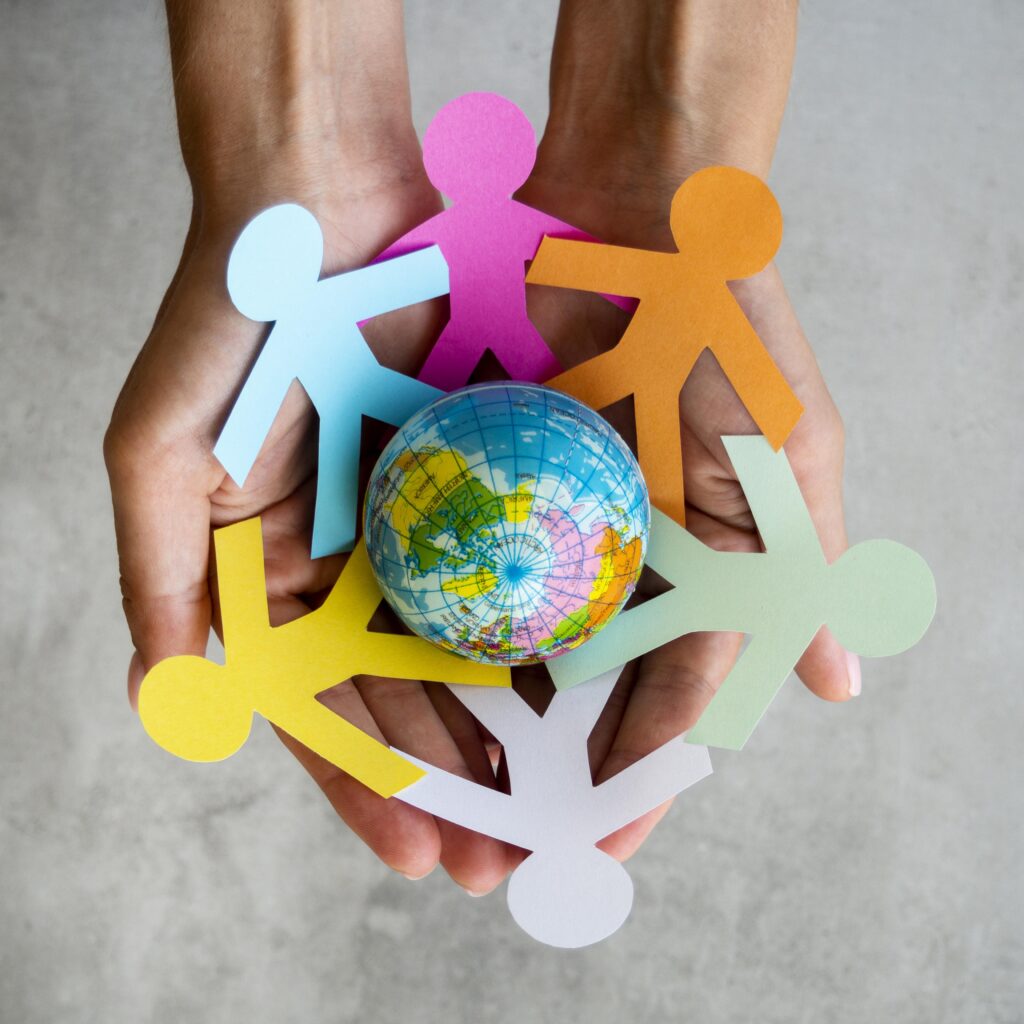Peace is a concept often discussed yet rarely fully realized. It is a term that embodies both the absence of conflict and the presence of harmony and cooperation. As defined by the Cambridge Dictionary, peace is “freedom from war and violence, especially when people live and work together happily without disagreements.” Achieving peace is complex, requiring not just the cessation of conflict but also the active cultivation of understanding and cooperation.
Why Do We Need Peace?
In today’s world, the need for peace is more pressing than ever. The prevalence of conflicts and wars disrupts trust and undermines social cohesion. Without peace, building trust and fostering cooperation become nearly impossible, making it challenging to address collective issues and adapt to changing circumstances. Peace is essential for:
- Trust and Cooperation: Peaceful environments foster trust, which is crucial for cooperation and inclusiveness. These qualities are necessary for societies to function effectively and overcome common challenges.
- Management of Disputes: Peaceful societies are better equipped to handle disputes and adapt to changes. The absence of conflict allows for more constructive dialogue and problem-solving.
- Human Rights: Peace and security are fundamental human rights. Wars and conflicts threaten these rights, making peace indispensable for ensuring the well-being of individuals and communities.
- Resolving Social, Political, and Economic Issues: The military approach often fails to address the root causes of social, political, and economic problems, sometimes exacerbating them. Peacebuilding efforts focus on addressing these underlying issues.
How to Achieve Peace in Society
Achieving peace requires proactive efforts and a commitment to understanding and addressing the root causes of conflict. Here are several ways to foster peace:
Understand the Mindset That Can Lead to Conflicts
- Perceptions of Threat: Recognize thoughts that view other groups as threats to your well-being.
- Security Uncertainty: Address feelings of insecurity that can lead to conflict.
- Group Superiority: Challenge beliefs in the superiority of one’s own group over others.
Understand the Power of Emotions
- Fear and Anger: Emotions such as fear and anger can escalate into hatred and violence. Understanding and managing these emotions is crucial.
- Hatred and Hostility: Address how anger and fear can transform into hostility towards others.
Pay Attention to Speech and Communication
- Public Demeaning: Be mindful of speech that demeans others and promotes negative stereotypes.
- Media Influence: Recognize how media reporting can shape public perception and justify aggression.
Acknowledge Social Inequality
- Discrimination and Poverty: Understand how inequality, discrimination, and poverty can fuel conflicts and violence.
- Human Rights: Advocate for equality in human rights, healthcare, opportunities, safety, and security.
Learn About Negative Stereotypes
- Open Dialogue: Engage in conversations with people from diverse backgrounds to understand their perspectives and challenges.
- Acceptance of Differences: Embrace and accept the differences among individuals and groups.
Strive for a Humanistic Understanding
- Kindness and Forgiveness: Practice kindness and forgiveness in daily interactions.
- Constructive Conflict Resolution: Use constructive methods to resolve conflicts and embrace differences.
Nurture Commitment, Hope, and Peaceful Energy
- Inspirational Role Models: Seek out role models who exemplify peace and commitment.
- Peace Initiatives: Learn about and support peace initiatives and organizations working towards conflict resolution and harmony.
Conclusion
Achieving peace requires more than just the absence of conflict; it involves actively working towards understanding, cooperation, and addressing the root causes of discord. By focusing on mindful communication, addressing inequalities, and nurturing a humanistic approach, we can create a more peaceful and harmonious society. Peace is not a distant ideal but a practical goal that can be pursued through everyday actions and attitudes.





